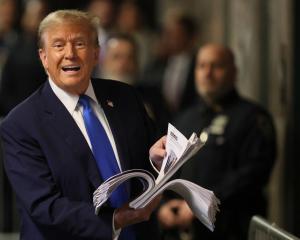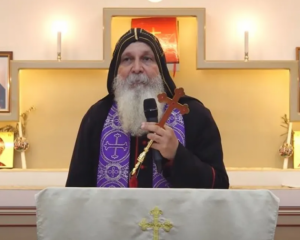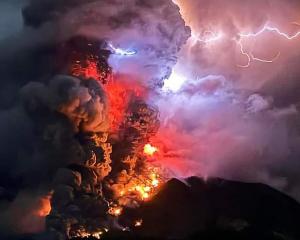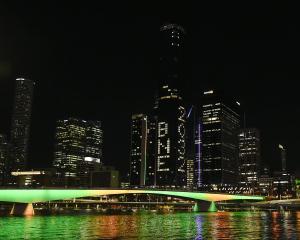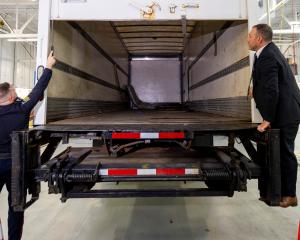A Western official said it would include limits on Iran's enrichment of uranium for 10 years.
Western and Iranian officials at the talks said they would conclude with a joint statement announcing that enough progress had been reached to allow further negotiations until a final deadline of June 30.
"Agreement on framework for final agreement reached. Press conference following," Germany's foreign ministry said on Twitter.
Iran's Foreign Minister Javad Zarif tweeted: "Found solutions, ready to start drafting immediately".
President Hasan Rouhani made a similar announcement on Twitter and phoned Zarif and chief negotiator Ali Akbar Salehi to thank them for their work.
It was not clear how much of the framework's details would be officially announced. Its details are highly sensitive to both sides, especially Iran, which is worried about signing off on explicit targets to curb its nuclear programme in the absence of a final settlement that would see economic sanctions lifted.
A Western official said the sides had agreed that the comprehensive settlement would require Iran to dilute or ship abroad most of its stocks of enriched uranium, and suspend two thirds of the 19,000 centrifuges it operates for enrichment. It will be monitored for 10 years.
Those targets would all depend on achieving the final settlement over the next three months, the official said.
Western countries say enriched uranium can be used to make a weapon, which they aim to prevent. Iran says it wants it only for a peaceful nuclear programme.
The joint statement would be issued by Zarif and EU foreign policy chief Federica Mogherini, who has acted as a coordinator for the six powers - Britain, China, France, Germany, Russia and the United States.
Representatives of all the sides sat for a full session of talks at around 6:00 pm (1600 GMT) on Thursday, and officials said they expected the statement around an hour later, although it could be delayed.
Zarif and Mogherini would release their statement and U.S. Secretary of State John Kerry would then hold a news conference to explain the outcome.
The deal wraps up eight days of marathon talks, extended after a deadline of midnight on Tuesday, aiming to achieve a political agreement that could serve as the basis for a final deal by June 30.
Iran wants to preserve what it says is its right to peaceful nuclear technology, while lifting international sanctions that have hamstrung its economy.
The talks are the biggest opportunity for rapprochement between Washington and Tehran since they became enemies after Iran's 1979 revolution, but any deal faces scepticism from conservatives in both countries. U.S. allies in the Middle East are also sceptical, especially Israel and Saudi Arabia.
Israeli Prime Minister Benjamin Netanyahu said on Twitter any deal must roll back Iran's nuclear capability.




